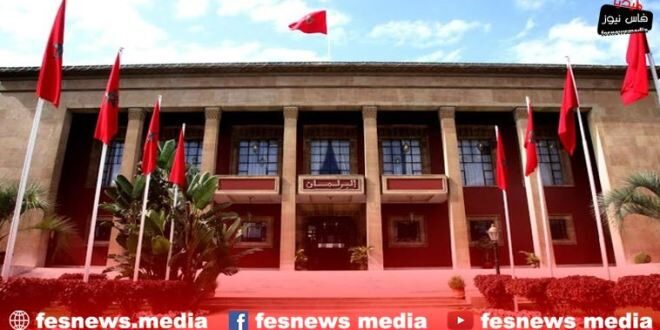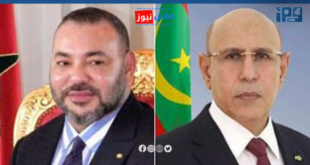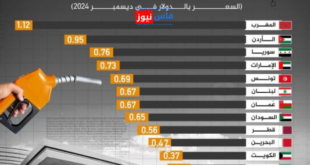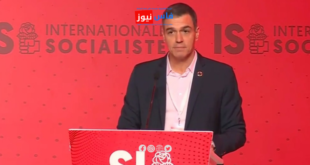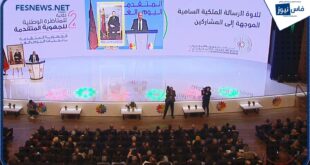The Moroccan House of Counselors witnessed a significant event on Monday with the signing of the Parliamentary Code of Ethics. This action aligns with the Royal Directives outlined in King Mohammed VI’s message to participants at the symposium commemorating the 60th anniversary of the Moroccan Parliament, and is based on relevant constitutional provisions.
The Code was signed by Enaam Mayara, President of the House of Counselors, along with the heads of parliamentary groups and coordinators of parliamentary groupings. This document aims to establish a common understanding of behaviors that the House seeks to promote or considers unacceptable. It also provides a simplified guide for counselors on acceptable conduct within the framework of parliamentary action and clarifies the values and behavioral rules expected of a counselor.
The Code also seeks to enshrine the principles of openness and accountability necessary for the proper functioning of representative democracy. It aims to improve the image of the House, thereby strengthening confidence in parliamentary action and, consequently, reinforcing the principle of ethics in public life.
In a press statement on this occasion, the President of the House of Counselors emphasized that the signing of this Code stems from the strong will of all components of the House to develop parliamentary performance and establish a set of ethical rules that protect the institution and highlight its constitutional role.
Mayara explained that the Code includes provisions related to respect for oral question sessions, the monthly plenary session dedicated to the Prime Minister’s responses, as well as a set of rules that frame parliamentary action and enshrine ethics in parliamentary and political life.
He added that the signing of this Code is the result of a calm and rational debate among all components of the House, noting that it is a binding document for all counselors. With this signing, the first step has been taken to make the Code of Ethics mandatory, which will become an integral part of the internal regulations, expected to be ready by next November, before being submitted to the Constitutional Court for adoption.
This significant development marks an important step towards enhancing transparency, accountability, and ethical conduct in Morocco’s parliamentary proceedings.
 فاس نيوز ميديا جريدة الكترونية جهوية تعنى بشؤون و أخبار جهة فاس مكناس – متجددة على مدار الساعة
فاس نيوز ميديا جريدة الكترونية جهوية تعنى بشؤون و أخبار جهة فاس مكناس – متجددة على مدار الساعة

